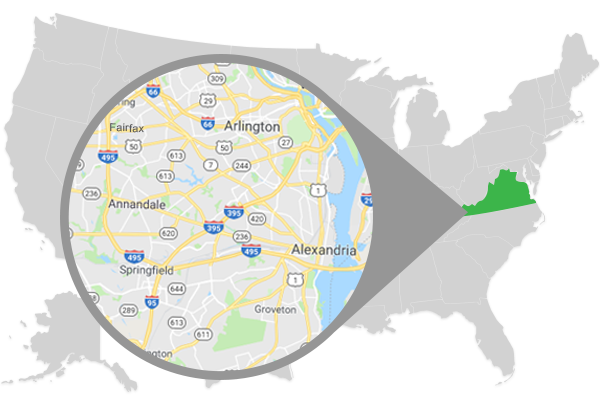Contrary to Pepé Le Pew’s popular opinion, skunks don’t naturally smell, well… like a skunk. The odor is caused by an oily substance that is stored in their back ends in two separate sacks. The skunk can mix these two substances together in a spray up to 15 feet away to cause the terrible smell we’ve all been victims to before.
Skunk sprays can permeate clothing and skin and cause odors for several days if not handled properly. The spray can also cause temporary blindness and difficulty of breath if the skunk catches you in the face. Asthmatics should seek medical help quickly if they find themselves in this situation.
The signs that a skunk is about to spray is worth a mention. When a skunk feels threatened, be sure to read the warning signs; the skunk stomping its front feet, an arched back and an odd shuffle could all be indicators that you’re about to eat it, so be sure to clear out before the skunk decides you’re its next target.
If you’ve managed to ignore the signs or perhaps didn’t see the skunk and now it’s too late, here’s what you can do to combat the smell. Despite the old wives’ tale, a bath in a tub of tomato juice will NOT work very well in eliminating the odor. If anything, it’s just more hassle than it’s worth. So how do you get rid of that skunk smell?
The secret recipe is as follows:
- 1 quart of 3% hydrogen peroxide
- ¼ cup of baking soda (sodium bicarbonate)
- 2 teaspoons of liquid dish soap
Mix the ingredients together and scrub any affected area, including clothes, skin or Spot the Dog’s fur (who clearly got too big for his trousers). Keep in mind that peroxide can cause bleaching, so once you’re done cleaning, be sure to rinse thoroughly.
Always mix the ingredients together in an open container and use it immediately. Never pre-mix these ingredients because the solution releases oxygen and can cause a covered container to explode.
For clothing that cannot be washed using this method, it’s worth noting that the skunk oils will eventually break down and the odor will subside, but that takes time and fresh air. Be sure to hang these clothes or shoes outside and avoid contact with water (rain). In a couple of days, they’ll be good as new.
If you notice a skunk smell around your property that persists for more than a few days – or in fact gets stronger – it’s possible that you may have a dead skunk somewhere nearby. If the smell begins to subside after a few days but then reappears after a period of high humidity, that can also be a tell of a dead skunk nearby. Your first bet is to inspect decks, sheds, window wells or other areas that are covered; skunks often find shelter from the elements in these areas.
As a final note, rabies cannot be transmitted through a skunk spray, but can be transmitted by handling a skunk’s carcass and remains a threat until the full decomposition of the animal. Please use caution when handling skunks (living or dead).
Once you’ve cleaned yourself off, let us clean out the skunk. Call Summit Environmental Solutions for safe and humane skunk removal 24/7.




